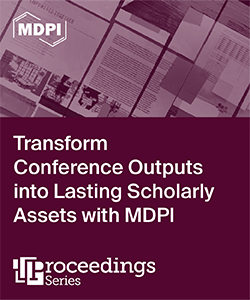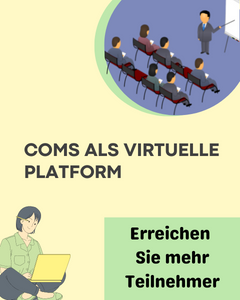Startseite / Konferenzkalender / Medizin & Gesundheitswesen / Volksheilkunde und Komplementärmedizin / Vereinigte Staaten
Konferenzen > Medizin & Gesundheitswesen > Volksheilkunde und Komplementärmedizin > Vereinigte Staaten
Wählen Sie ein Land aus
Vereinigte Staaten
1
The Herbert Benson, MD Course in Mind Body Medicine
30. Okt 2025 - 01. Nov 2025 • Boston, MA or Live Streaming (Hybrid), Vereinigte Staaten
Eintrags-ID:
1662391
Webseite:
Conference-Service.com stellt der Öffentlichkeit ein Kalendarium wichtiger Konferenzen, Symposien und sonstiger Tagungen im wissenschaftlich-technischen Bereich zur Verfügung. Obwohl das Verzeichnis mit großer Sorgfalt zusammengestellt und ständig aktualisiert wird, weisen wir auf die Möglichkeit von Fehlern ausdrücklich hin. Bitte vergewissern Sie sich immer beim Veranstalter, bevor Sie über die Teilnahme oder Nichtteilnahme an einer Konferenz entscheiden.
Stand vom 14. Mai 2025



